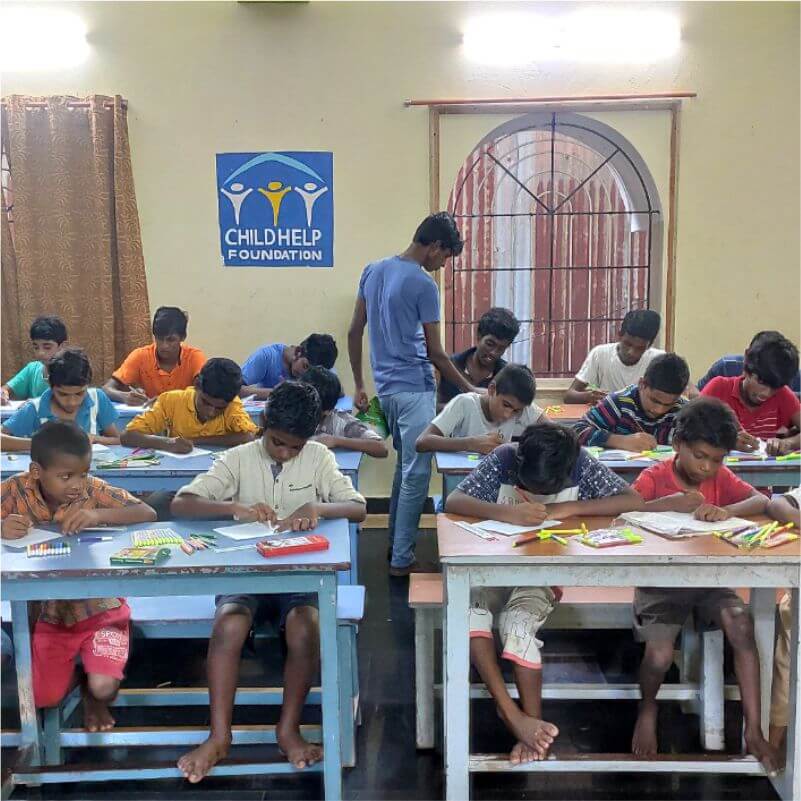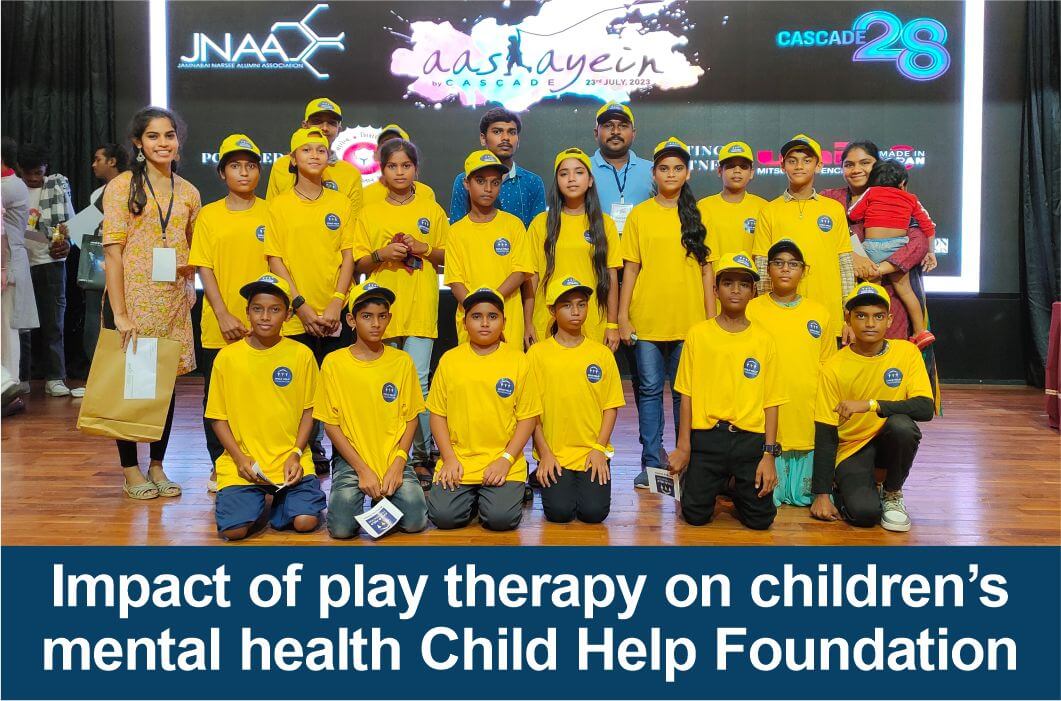In childhood, where imagination reigns supreme and emotions run wild, the significance of play cannot be overstated. Play therapy, a specialized form of therapy tailored to children's unique needs serves as a powerful tool in nurturing their mental health and emotional well-being. In this blog, we delve into the importance of play therapy and its impact on children's mental health.
Understanding Play Therapy
Play therapy operates on the fundamental principle that play is the natural language of children. Through play, children express their thoughts, feelings, and experiences in a nonverbal manner, often revealing insights that they might struggle to articulate verbally. Play therapy provides a safe and supportive environment where children can explore, process, and make sense of their inner world. In general, there are two main types of techniques used by therapists:
Directive Play Therapy: In directive play therapy, the therapist actively engages with the child, guiding them through structured play activities to facilitate self-expression. This involves offering clear instructions and closely monitoring the child's participation throughout the process.
Non-directive Play Therapy: In non-directive play therapy, the therapist creates a more open and unstructured setting. Here, the child is encouraged to freely explore various play activities, allowing them to express themselves with minimal intervention from the therapist.
Techniques Used in Play Therapy

Play therapy encompasses a variety of techniques tailored to meet the unique needs of each child. The choice of technique in a therapy session is largely dictated by the child's preferences and therapeutic requirements.
Typically spanning 30 to 45 minutes, a play therapy session begins with the therapist establishing a secure and welcoming environment for the child to engage in play. Throughout the session, the therapist observes the child's interactions with the provided toys, gauging their expressions and behaviours.
As the child grows accustomed to the therapy space, the therapist gradually introduces more targeted play activities designed to address the specific challenges the child faces. Some widely utilized techniques in play therapy worldwide include:
- Using building blocks
- Hide-and-seek
- Using art and craft
- Sand play
- Board games
- Strategy games like chess or checkers
- Play with dolls
- Card games
- LEGO
Benefits of Play Therapy
Play therapy is especially advantageous for individuals facing challenges in communicating and expressing themselves positively. It's beneficial for children who have endured abuse, trauma, or high-stress situations, aiding in their recovery and restoring a sense of normalcy. Additionally, children with behavioural or learning disorders find significant benefits from play therapy, as it supports emotional and social development.
Research has explored the effectiveness of play therapy for various conditions, including:
- Autism
- Attention deficit hyperactivity disorder (ADHD)
- Depression
- Anxiety disorders
- Physical or emotional abuse/Trauma
- Post-traumatic stress disorder
- Sexual abuse
Play Therapy Promotes Emotional Expression
Children encounter a myriad of emotions as they navigate the complexities of growing up. From joy and excitement to fear and sadness, these emotions can sometimes overwhelm them. Play therapy offers a therapeutic space where children can freely express their emotions through play activities such as drawing, storytelling, role-playing, and imaginative play.
Fosters Communication Skills
Play therapy facilitates communication by providing children with various mediums through which they can express themselves. Whether through the use of toys, games, or creative activities, children learn to communicate their needs, concerns, and experiences in a safe and supportive environment.
Builds Self-Esteem and Confidence
Self-esteem forms the foundation of a child's sense of self-worth and identity. However, factors such as peer pressure, academic challenges, and family dynamics can sometimes undermine a child's confidence. Play therapy helps children develop a positive self-concept by providing opportunities for success and mastery.
Helps to Process Trauma
Children may encounter various forms of trauma, ranging from divorce and loss to abuse and neglect. Left unaddressed, trauma can have lasting effects on a child's mental health and well-being. Play therapy offers a gentle yet effective approach to processing trauma and building resilience. Through guided play activities, children can safely explore their traumatic experiences, gradually making sense of what happened and developing healthy coping mechanisms.
Additionally, the therapeutic relationship formed with the therapist provides a source of support and reassurance, aiding in the healing process.
Child Help Foundation recognizes the profound impact of play therapy on children. Collaborating with its crowdfunding partner, Filaantro, the foundation regularly hosts workshops and awareness sessions dedicated to empowering special children. Additionally, the organization provides quality education to rural children, incorporating advanced technologies such as practical labs, demo products, and Smart Board facilities.
